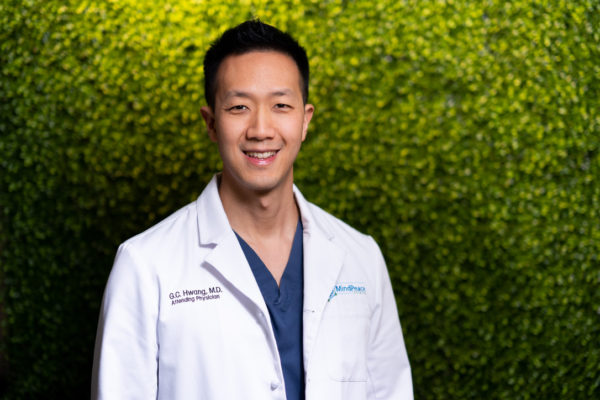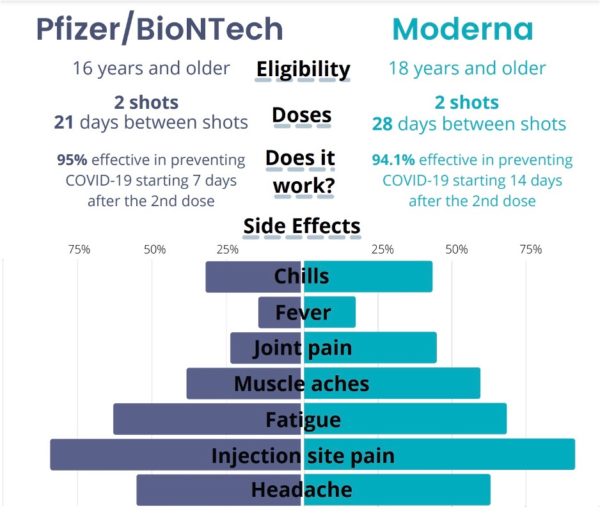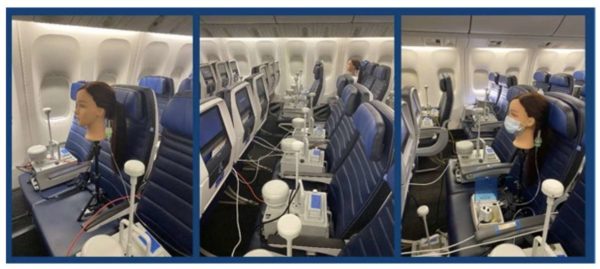The short answer is an emphatic yes. 100%. Absolutely.
The question has evolved into when to vaccinate after COVID-19 symptoms resolve (recommendation is 90 days) and if a second shot is even necessary if you are a COVID survivor.

The short answer is an emphatic yes. 100%. Absolutely.
The question has evolved into when to vaccinate after COVID-19 symptoms resolve (recommendation is 90 days) and if a second shot is even necessary if you are a COVID survivor.

Fevers. Chills. Headache. Sore arm.
All of these hit at 1 a.m. after my second Pfizer COVID-19 vaccine shot. However, it was the happiest fever, chills and headache I’d ever had, because I knew this short-lived post-vaccination ailment would protect me from severe COVID-19 illness.

Arlington started its vaccination efforts with healthcare workers days after the COVID vaccine was granted Emergency Use Authorization from the FDA last December.
Despite a somewhat turbulent rollout (concerns about being too slow, vaccination sites abruptly canceling appointments and line-jumping opportunists), vaccinations in Arlington are steadily rising. As a state, Virginia ranks #12 in the country with 69% of distributed vaccines administered.

One of the hottest topics surrounding the COVID vaccine the past few days is allergic reactions, sparked by reports of two anaphylactic reactions after administration of Pfizer’s vaccine in the UK.
This has prompted many to ask the question: should I get the COVID vaccine if I have allergies? My goal is to clarify some of the warnings so people can make an informed decision. The main takeaways focus on differentiating between allergic vs. anaphylactic reactions:

Holiday season is fast approaching, and millions of people are weighing the risks of air travel versus staying home. The decision is intensified by the fact that many have not seen family for almost a year, and driving long distance just isn’t an option.
While the thought of being confined in a small space with strangers for hours is daunting, recent studies have suggested that flying may not be as dangerous for COVID-19 spread as once thought, and that cabin air may in fact be cleaner than air in hospitals.

Fall weather has arrived in Arlington, and colder temperatures mean more people migrating indoors to stay warm. For restaurants, cold weather presents a unique challenge since many patrons are still hesitant to dine indoors due to COVID. Restaurants are finding that they have to again adapt to ensure safety for their patrons and employees.
To preempt the “stay-in-your-laners,” I am clearly not a restaurateur. I am, however, a front line healthcare worker (HCW) and there is a surreal parallel between what I experience in the hospital and what I have seen in restaurants since reopening.

“A vaccine that nobody wants to take is not very useful.”
If there were a safe and effective vaccine against COVID, why wouldn’t people take it? After all, the virus has claimed 200,000 American lives, shut down schools and businesses and affected almost every aspect of our lives. The fact that scientists have been able to develop vaccine candidates in mere months after sequencing SARS-CoV-2’s genetic code is nothing short of a medical marvel. However, our country’s hyper-polarizing climate has thrust the rapid vaccine progress into the political ring, resulting in rising public distrust.

Despite our best efforts, SARS-CoV-2 has endured long enough to welcome influenza’s 2020-2021 campaign and there is rising concern that even a mild flu season could overload hospital systems already dealing with COVID-19.
This so-called “twindemic,” while sounding alarmist yet with rational undertones, can be attenuated by the simple preventive measure of vaccination.

Fourteen years of school and training is needed to become a physician specializing in infectious disease. Yet when it comes to novel treatment for COVID-19, a former crack addict who has made millions selling pillows has as powerful a voice as a doctor.
The race for a cure presents both opportunities and challenges to how we evaluate novel treatments and we are witnessing how drug approval can go awry during a pandemic. As a doctor, it is frustrating and concerning to see so many Americans place their trust in politicians and entrepreneurs over evidence-based medicine. It leaves me wondering if the role of a physician, and science in general, is devalued.

The summer heat has arrived and despite holding our collective breath, the coronavirus has not miraculously disappeared. In persevering through a shutdown, a three-phase reopening, and now an emergency ordinance to limit sidewalk traffic, we have learned that we are resilient — but the cracks are starting to show in our population’s mental health.
In fact, nearly 30 percent of Americans are experiencing symptoms of clinical depression as of late July, compared to 6.6 percent last year based on a recent National Center for Health Statistics and Census Bureau’s Household Pulse Survey. The numbers for anxiety closely mirror with 36 percent compared to 8.2 percent last year. The number of online mental health screenings has increased 400 percent. Perhaps the most alarming — albeit uncited — statistic comes from CDC director Robert Redfield, who stated that there have been far greater suicides and drug overdoses than COVID deaths among young people since the lockdown.

“It felt like they were tickling my brain.”
No, my patient wasn’t describing a complex neurosurgery. He was describing the 6-inch nasal swab used to sample his nose for COVID-19 testing, a common requirement before proceeding to surgery.